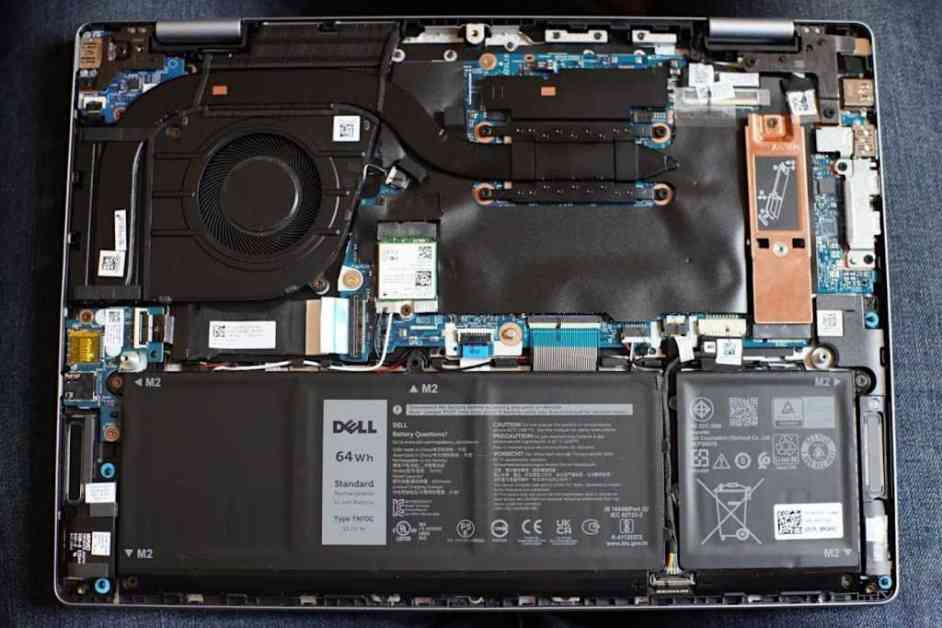If you’re someone who relies heavily on your laptop for work, entertainment, or communication, you may have noticed that over time, your laptop starts to show signs of aging. The good news is that there are ways to breathe new life into your laptop without having to invest in a new one just yet. By upgrading some key components, you can improve performance and extend the lifespan of your trusty device.
When it comes to upgrading laptops, there are certain limitations to keep in mind. Unlike desktop computers, laptops are often more restrictive in terms of upgradability due to their compact design. Components like CPUs and GPUs are typically not upgradeable in laptops because they are integrated into the motherboard. Similarly, displays can be challenging to replace on older laptops. Despite these limitations, there are still some parts that you can upgrade to enhance your laptop’s performance.
One of the most common upgrades for laptops is RAM. Upgrading your laptop’s memory can significantly improve its speed and responsiveness. Think of RAM as your desk space and SSD storage as a file cabinet. The more RAM you have, the more space you have for open files. Insufficient RAM can lead to slower performance and freezing apps. If your laptop has upgradeable memory, you can easily add more RAM to boost its performance.
Another worthwhile upgrade for laptops is the storage drive. If your laptop still has a traditional HDD, upgrading to an SSD can make a big difference in terms of speed and performance. SSDs offer faster boot times, app launches, and file transfers compared to HDDs. Even if your laptop already has an SSD, you can consider upgrading to a faster drive for improved performance, especially if you use your laptop for gaming or creative work.
Additionally, upgrading your laptop’s network card can enhance your connectivity experience. If you have an older network card that only supports Wi-Fi 5 or lower, upgrading to a Wi-Fi 6 or 6E card can provide faster speeds and better stability. Troubleshooting connectivity issues or outdated hardware may also warrant a network card upgrade to improve your laptop’s networking capabilities.
Before embarking on any upgrades, it’s essential to check compatibility and ensure that your laptop supports the new components. Whether you’re looking to boost performance, increase storage capacity, or improve connectivity, upgrading key laptop parts can help you get more out of your device and delay the need for a new laptop. By investing in strategic upgrades, you can prolong the life of your laptop and enjoy better performance for years to come.











